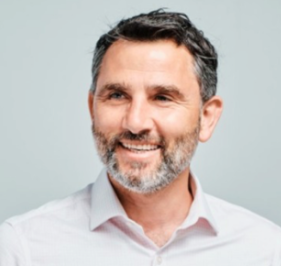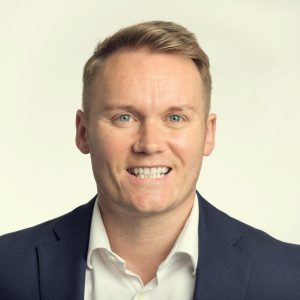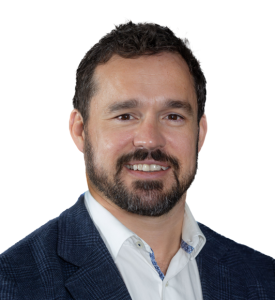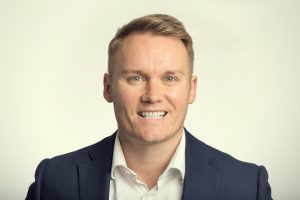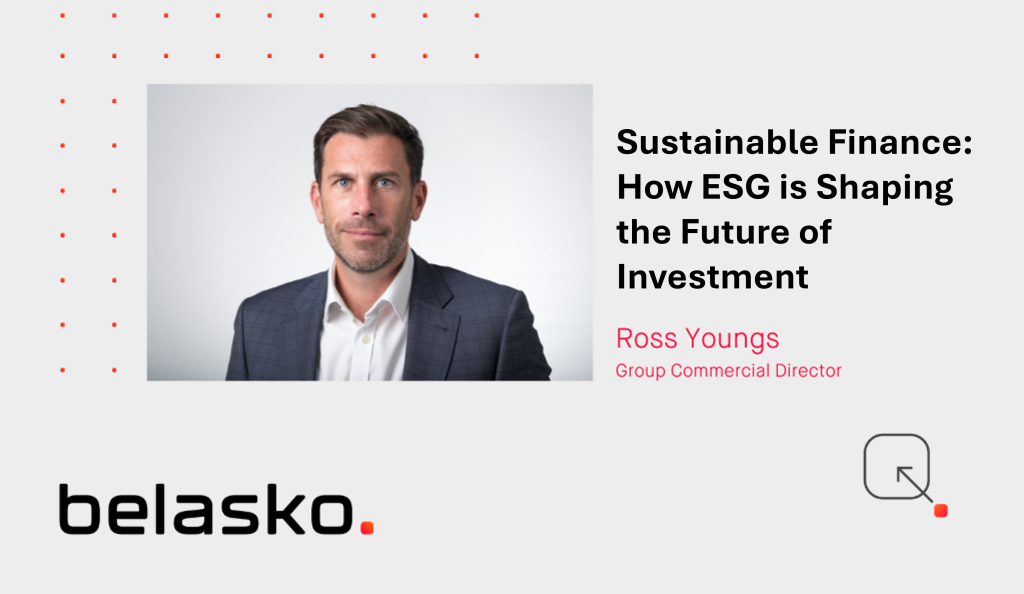With 2025 activity well under-way, the venture capital landscape is poised for a dynamic resurgence, teeming with opportunities despite lingering economic uncertainties. The global venture capital investment market is projected to reach approximately $764.78 billion by 2029, with it growing from $301.78billion in 2024 to $364.19 billion in 2025[1].
On top of that, VC fundraising activity is also expected to surpass 2024 levels in 2025 with capital to be raised for this year projected at approximately $90 billion, compared with $71 billion in 2024 through mid-November[2].
In 2025, the biggest opportunities for venture capital are in transformative technologies like artificial intelligence (AI), which is dominating investment activity. While healthcare and sustainability are also attracting attention, the expansion of AI applications into these areas is further driving investment growth. Green technologies, spurred by ESG mandates and climate-conscious investors, are gaining momentum as governments prioritise sustainability goals. Meanwhile, healthcare innovation continues to attract substantial funding, with startups focusing on digital health, personalised medicine, and biotech breakthroughs leading the charge.
For VC investors, 2025 presents a year of recalibration and opportunity, where strategic investments in high-growth sectors could yield significant returns. Here we layout the six key trends that highlights how the industry is evolving and where the focus is shifting.
1. AI investment surge
At the end of 2024, venture capital investment in artificial intelligence (AI) reached unprecedented levels. VC activity in generative AI has grown exponentially since the release of OpenAI’s ChatGPT in late 2022. In 2024, this trend reached new heights with global venture capital investment in GenAI reaching around $45 billion in 2024, up from $24 billion in 2023[3]. This momentum is fuelled by the transformative potential of GenAI across various sectors, from healthcare to finance. As AI continues to innovate and find commercial applications, venture capital is increasingly pouring into the sector, marking 2024 as a milestone year in AI investment. Read more on this trend in EY’s article here.
2. The rise of mega-deals and emerging unicorns
The proliferation of unicorns—private startups valued at over $1 billion—continues to be a focal point of venture capital activity. Globally, the number of unicorns surpassed 1,200 by May 2024[4], with some hectocorns valued at over $100 billion, such as ByteDance (the Chinese company behind TikTok)[5]. However, Europe’s unicorn herd experienced limited growth in 2024. According to PitchBook, only 14 startups in Europe reached unicorn status last year, the same as in 2023 and down nearly 70% from the peak in 2022[6].
This stagnation reflects tighter market conditions and cautious investment strategies. Nevertheless, venture capitalists are optimistic about a rebound in dealmaking and valuations in 2025, particularly driven by the thriving AI sector. Many anticipate a renewed surge of European startups crossing the €1 billion valuation threshold this year, with AI companies leading the way.
3. Healthcare innovation continues to thrive
Venture capital is pouring into healthcare innovation, with startups focused on digital health, personalised medicine, and biotech breakthroughs leading the charge. These advancements are not only improving patient care but also reshaping the future of healthcare systems globally. As the sector evolves, the intersection of AI and healthcare is expected to attract further investment, offering huge growth potential for innovative startups in 2025.
4. Momentum in green technologies
Green technologies are gaining increasing momentum, driven by ESG mandates and a wave of climate-conscious investors. With governments prioritising sustainability goals, the demand for clean energy, carbon capture, and sustainable infrastructure solutions is expected to rise sharply. As the market matures, startups in these sectors are attracting substantial venture capital, offering huge potential for growth in 2025.
5. Private wealth fuelling emerging VC firms
Private wealth is becoming an increasingly vital source of capital for emerging venture capital firms. Family offices and high-net-worth individuals are allocating significant portions of their portfolios to private markets, providing a lifeline for up-and-coming VCs. This trend is expected to continue, with private wealth set to deploy approximately $7 trillion to private markets by 2033[7]. These trends underscore the evolving nature of the VC landscape, highlighting areas where innovation and investment are converging to shape the future.
6. Channel Islands offering speed to market for VC funds
The choice of fund domicile is playing an increasingly critical role in VC fund establishment, with the Channel Islands and Luxembourg leading the way. For emerging managers, jurisdictions like Guernsey and Jersey are appealing due to their simplicity, investor familiarity, and speed to market. These jurisdictions offer a lower-cost and less administratively burdensome alternative to some European domiciles while maintaining high regulatory standards.
Guernsey, in particular, remains a premier jurisdiction for European venture capital funds. Twice as many VC funds were raised in Guernsey during 2022-2023 as compared to the next most popular jurisdiction. Its appeal lies in a responsive regulatory environment, a deep talent pool, and an ecosystem that fosters innovation.
A year of renewed optimism
This year venture capital is primed for a year of renewed optimism, with transformative technologies, healthcare innovation, and green technologies leading the way. As AI continues to dominate, sectors like biotech and sustainable solutions are seeing increasing investments, driven by both global demand and evolving market dynamics. With this backdrop, 2025 could very well be the tipping point for a new era of investment-driven transformation.
As a leading fund administrator, Belasko have deep experience supporting VC managers. Our partnership-driven approach, under-pinned by leading technology, offers end-to-end fund administration solutions tailored to support your optimal operating model. Get in touch if you’d like to discuss how Belasko can support your journey: alice.heald@belasko.com.
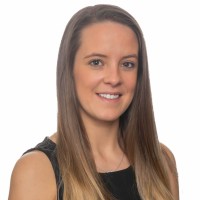
[1] https://www.thebusinessresearchcompany.com/report/venture-capital-investment-global-market-report
[2] https://pitchbook.com/news/articles/vc-outlook-fund-distributions-will-rebound-in-2025
[3] https://www.ey.com/en_ie/newsroom/2024/12/venture-capital-investment-in-generative-ai-almost-doubles-globally-in-2024-as-momentum-accelerates-in-transformative-sector
[4] https://www.cbinsights.com/research-unicorn-companies
[5] https://www.forbes.com/councils/forbesfinancecouncil/2024/11/19/five-critical-venture-capital-trends-to-watch-in-2025/
[6] https://pitchbook.com/news/articles/europes-soonicorns-who-will-reach-a-1b-valuation-in-2025
[7] https://pitchbook.com/news/articles/private-wealth-offers-lifeline-for-emerging-vcs
